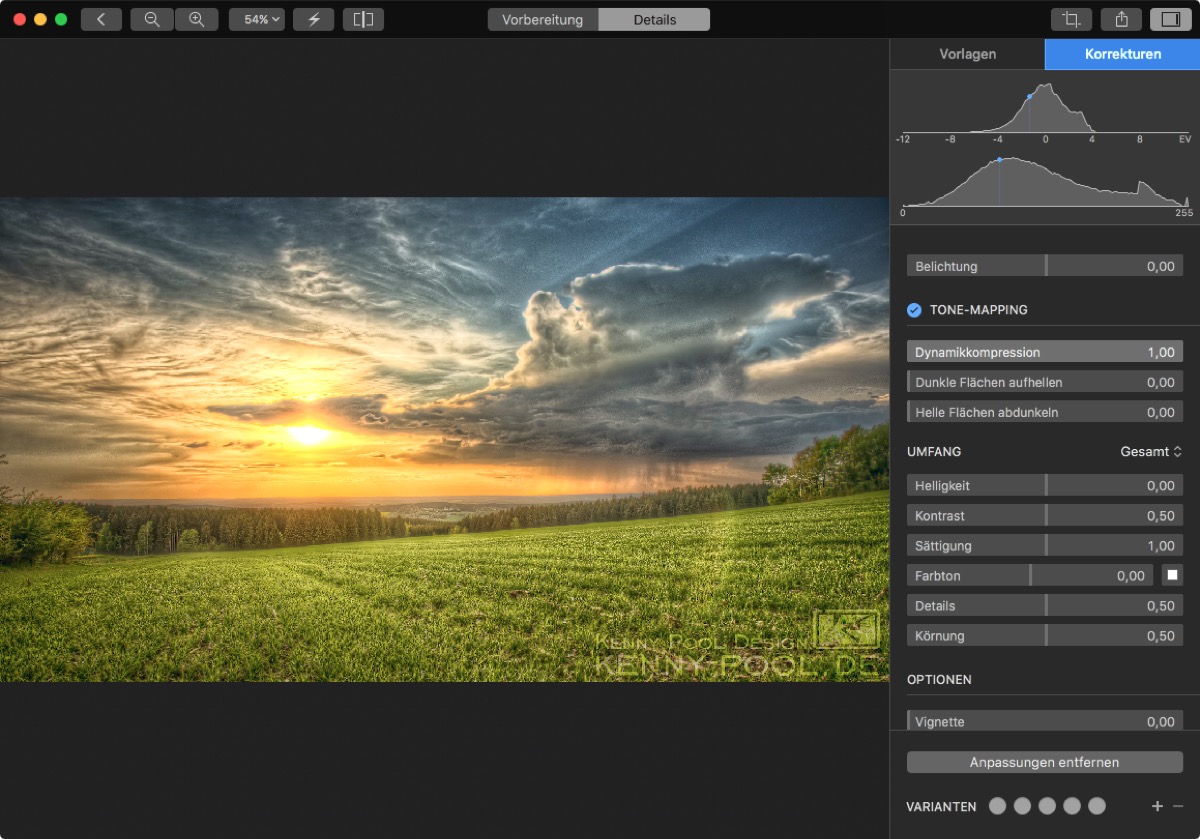

Before installing, though, we should review the source on GitHub. Our first step is to get Homebrew from the site brew.sh. However, there aren't a lot of pentesting tools in the Homebrew repos, but there are lots of libraries and general purpose open-source tools which can come in handy. If the package is missing in Homebrew, it's worth considering creating a brew formula for it. I will generally search for a package in Homebrew before cloning it from GitHub and compiling from source.

#Download hydra for mac software
It also keeps track of configuration information and makes the whole process of maintaining open-source software on your Apple product a piece of cake. Homebrew then keeps track of what has been installed, what is using it, and where it is located. With this package manager, the source or binaries are pulled down with their requirements met. But best of all, Homebrew is clean, with everything kept in its own sandbox in /usr/local. Also, everything is owned by a regular user, meaning there is no need to use sudo. The syntax is very straightforward, it's fast, the packages are well-maintained and up to date, and it leverages more of macOS's default libraries instead of redundantly installing new ones. There are a few package managers for macOS such as Macports and Nix, but I prefer Homebrew. If I had a package manager, all of this work would be handled for me. To do so, I would have to remove the software from my machine, check to see which libraries are required in the latest version, and repeat the process over again - then check some to see if I have dependencies that are no longer in use (hopefully I've been tracking what I've installed in some sort of list).
#Download hydra for mac update

If I wanted to compile Aircrack-ng from source on my macOS machine, first I would need to verify that I had all of the dependencies and that they were in the correct locations and functioning properly. This means we need another package manager to pull down free software such as Hydra, Sshtrix, Aircrack-ng, and GNU Coreutils (if you're like me and prefer Linux flags to Unix flags), as well as dependencies for tools located on GitHub.

For some developers, this is too much of a hassle. It costs developers money to submit to the Mac App Store, and the code must be reviewed and accepted by Apple before it can be published.
#Download hydra for mac install
After enabling disk encryption, creating encrypted disk images, installing KeePassX and iTerm2, and using Git with local repositories, the next step to getting your Mac computer ready for hacking is setting up a package manager that can install and update open-source hacking tools.


 0 kommentar(er)
0 kommentar(er)
